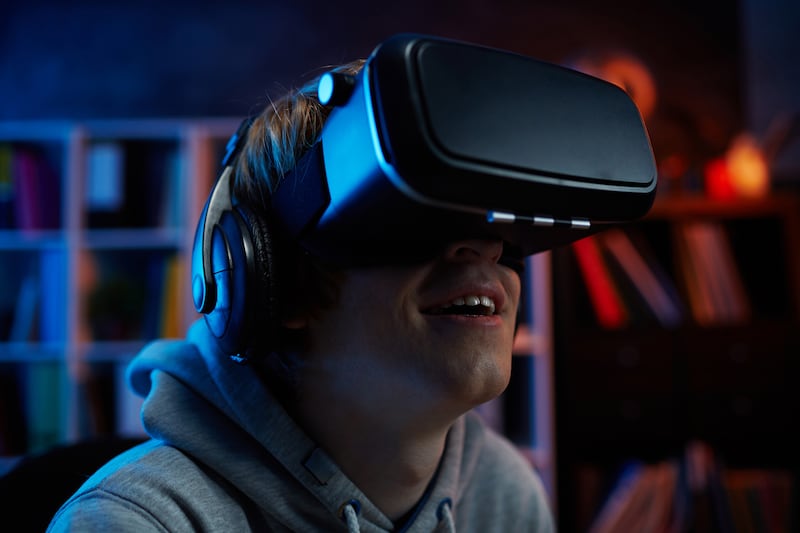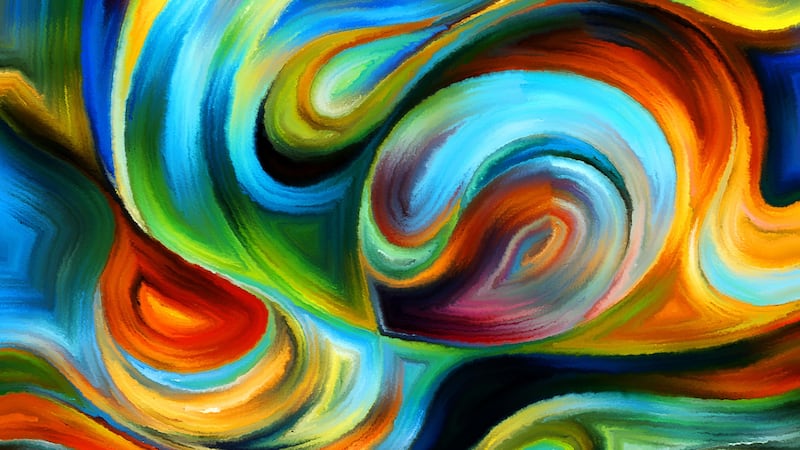A machine that can cause people to hallucinate without the use of drugs has been built by scientists.
Using virtual reality (VR) and artificial intelligence (AI) technologies, researchers have crated a device – known as the Hallucination Machine – that can mimic the experience of having psychedelic drugs without the potentially harmful side effects.
The machine uses Google’s DeepDream system of neural networks which is trained to look for patterns and features in images.
With a little modification to DeepDream, scientists were able to create videos of patterns overemphasising certain recurring details to make the brain work in overdrive – causing it to see things that aren’t actually there.
Introducing the Hallucination Machine: our new deep-dream VR platform, w @ksk_S https://t.co/dzIZQaBIkd #sccs pic.twitter.com/PGRoh5HSqy
— Anil Seth (@anilkseth) November 5, 2017
In the study, Anil Seth and his team at Sussex University’s Sackler Centre for Consciousness Science, showed a video of their university campus altered using DeepDream to 12 volunteers.
The users reported experiencing visual hallucinations which were similar to those brought on by psilocybin, the active ingredient in magic mushrooms.
Another experiment involving 22 participants showed no evidence of temporal distortion, or a warped sense of time.
Hallucinations have always been a subject of interest to scientists studying the human mind.

However, hallucinogens alter the chemical composition of the brain and can cause side effects, which is why the Hallucination Machine is being seen as a safer alternative.
The researchers say their technology is still in its developmental stages but add that it could be a stepping stone for further studies.
The researchers concluded: “Overall, the Hallucination Machine provides a powerful new tool to complement the resurgence of research into altered states of consciousness.”
The findings have been published in the journal Scientific Reports.








